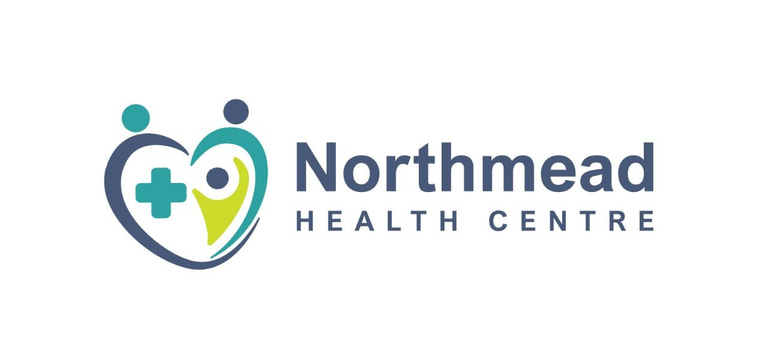Unleashing the Power of Speech: The Value of Speech Therapy
Speech therapy is a specialized field of healthcare that focuses on the evaluation, diagnosis, and treatment of speech, language, and swallowing disorders.
11/8/20232 min read


Speech therapy is a specialized field of healthcare that focuses on the evaluation, diagnosis, and treatment of speech, language, and swallowing disorders. Speech-language pathologists (SLPs) are the professionals who provide speech therapy services. They have extensive training in the anatomy and physiology of the human communication system, as well as the various disorders that can affect it.
What are the benefits of speech therapy?
There are many benefits to speech therapy. Some of the most common benefits include:
Improved speech sound production: Speech therapy can help children and adults who have difficulty producing certain sounds, such as "r" or "th."
Enhanced language skills: Speech therapy can help children and adults who have difficulty understanding or expressing language.
Increased fluency: Speech therapy can help children and adults who stutter or have other fluency disorders.
Improved swallowing: Speech therapy can help children and adults who have difficulty swallowing, such as those with dysphagia.
Enhanced social skills: Speech therapy can help children and adults who have difficulty communicating with others, which can lead to improved social skills and self-esteem.
Who can benefit from speech therapy?
Speech therapy can benefit people of all ages, from infants to adults. Some of the specific groups of people who can benefit from speech therapy include:
Children with speech sound disorders
Children with language delays or disorders
Children with stuttering
Children with autism spectrum disorder
Children with Down syndrome
Adults with aphasia
Adults with dysphagia
Adults with voice disorders
How does speech therapy work?
Speech therapy is a personalized treatment plan that is tailored to the individual needs of each patient. The specific type of treatment will vary depending on the patient's diagnosis. However, some common types of speech therapy interventions include:
Articulation therapy: This type of therapy focuses on improving the production of speech sounds.
Language therapy: This type of therapy focuses on improving language skills, such as understanding and expressing language.
Fluency therapy: This type of therapy focuses on managing stuttering and other fluency disorders.
Swallowing therapy: This type of therapy focuses on improving swallowing function.
Voice therapy: This type of therapy focuses on improving the quality of the voice.
What can I expect from speech therapy?
The amount of time it takes to see results from speech therapy will vary depending on the individual patient's diagnosis and severity. However, most patients can expect to see some improvement within a few months of therapy.
How can I find a speech-language pathologist?
If you are interested in learning more about speech therapy, or if you think you or your child may need speech therapy, you can talk to your doctor. You can also find a speech-language pathologist by searching online or by contacting your local hospital or school district.
Conclusion
Speech therapy is a valuable treatment that can help people of all ages improve their communication skills. If you are concerned about your own speech or language skills, or the speech or language skills of a loved one, please don't hesitate to seek out a speech-language pathologist.

